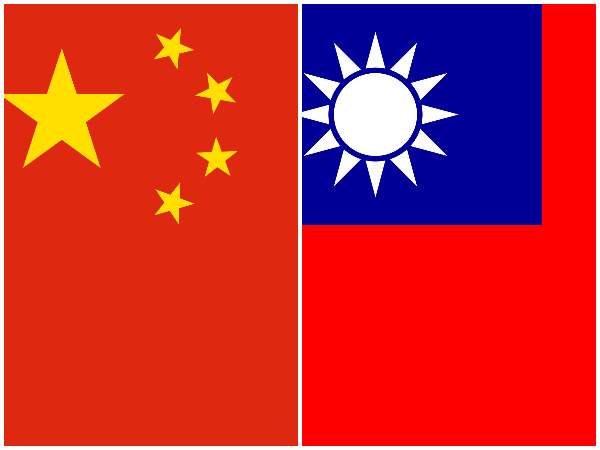Taiwanese grouper fish, 4th agriculture product to be banned by China since last year
China is flexing its economic muscle with a ban on Taiwanese grouper, making the popular fish the fourth agriculture product to be blocked from entering the Chinese market since last year.

- Country:
- China
China is flexing its economic muscle with a ban on Taiwanese grouper, making the popular fish the fourth agriculture product to be blocked from entering the Chinese market since last year. Responding to this, Taiwan's Council of Agriculture (COA) Chief Chen Chi-Chung on Saturday said that China has violated the international trade rule with its decision of suspending the imports of grouper fish from his country and said they may raise the issue at the World Trade Organization (WTO).
China's General Administration of Customs on Friday without giving any prior notice announced that it would suspend the grouper fish imports from June 13, citing several findings that stated that prohibited chemicals and excessive levels of Oxytetracycline been used in the grouper fish imports since last December, Focus Taiwan reported citing Chen. China has reacted in the same way in the past when it discovered problems with agricultural imports, including the suspension of Thai longan and the banning of imports of pineapples, wax apples and sugar apples from Taiwan last year.
In those cases, Taiwan questioned China's findings, and Chen on Saturday tried to reassure consumers about the quality of Taiwanese grouper, saying there were no findings of excessive levels of drugs in the fish in 2019 and 2020. Last year, China notified the COA that it had found the excessive drugs in the grouper imported from two Taiwanese fish farms, after which COA ran a test which indicated that the products were safe, Chen said. He further added that COA forwarded its findings to China but they never responded, Focus Taiwan reported.
Chen said the COA will provide more scientific evidence to China through existing bilateral channels, but it will not rule out submitting its concerns to the Sanitary and Phytosanitary Measures Committee (SPS Committee) under the WTO if China failed to provide an official explanation for the suspension. The WTO committee oversees the implementation of the "Agreement on the Application of Sanitary and Phytosanitary Measures," also known as the SPS agreement, and provides a forum for discussion on animal and plant health and food safety measures affecting trade.
Chen said the COA will launch contingency measures to help grouper farmers hurt by the Chinese ban sell their product in both domestic and foreign markets, including setting up cold chain logistics to help farmers sell frozen grouper to markets in the West. According to the COA chief, China's market was not as important for Taiwanese grouper farmers in 2021 as before, however, China bought 6,000 metric tons of the fish in 2021, down from more than 10,000 metric tons in previous years. Still, China accounted for 91 per cent of Taiwan's grouper fish exports last year. While the rest goes to Hong Kong, the U.S., Japan, New Zealand and Australia.
In 2021, Taiwan exported 6,681 metric tons of grouper, worth New Taiwan Dollar (NTD) 1.68 billion (USD 57.3 million), out of a total of 16,940 metric tons raised around Taiwan, according to Focus Taiwan citing COA data. In response to Saturday's development, fish farmers who were accused last year of exporting subpar grouper expressed frustration. One of them, Wang Chi-Yi in Pingtung County said that there are too many uncertainties in the Chinese market, and he had given up raising grouper and switched to growing mangrove red snappers for the domestic market.
The COA Chief claimed that China's strategy has always been to target Taiwanese products that are relatively dependent on the Chinese market, but Taipei has tried to help farmers diversify their markets. (ANI)
(This story has not been edited by Devdiscourse staff and is auto-generated from a syndicated feed.)
ALSO READ
Golden Tigresses: Internet Sensations Captivate Northern Thailand Zoo
Thailand's Advisory Council Challenges Central Bank Appointment
Chennai's Ali Hatim Lakdawala Shines at Junior National Equestrian Championship
Political Turmoil Over Thai Central Bank Selection
Corruption Scandal: Former Taipei Mayor Faces Bribery Charges










